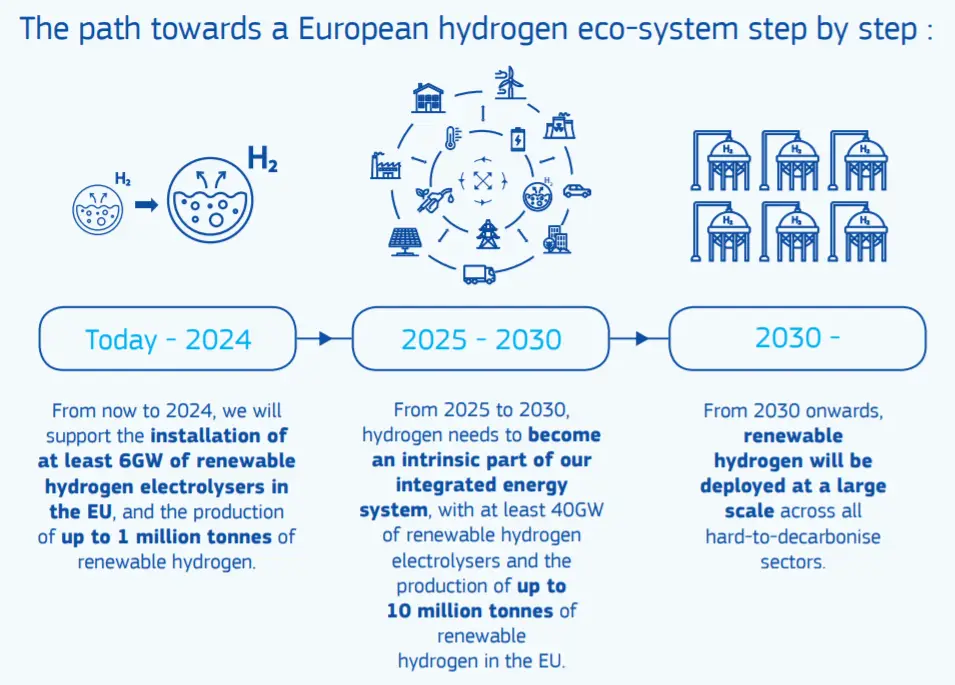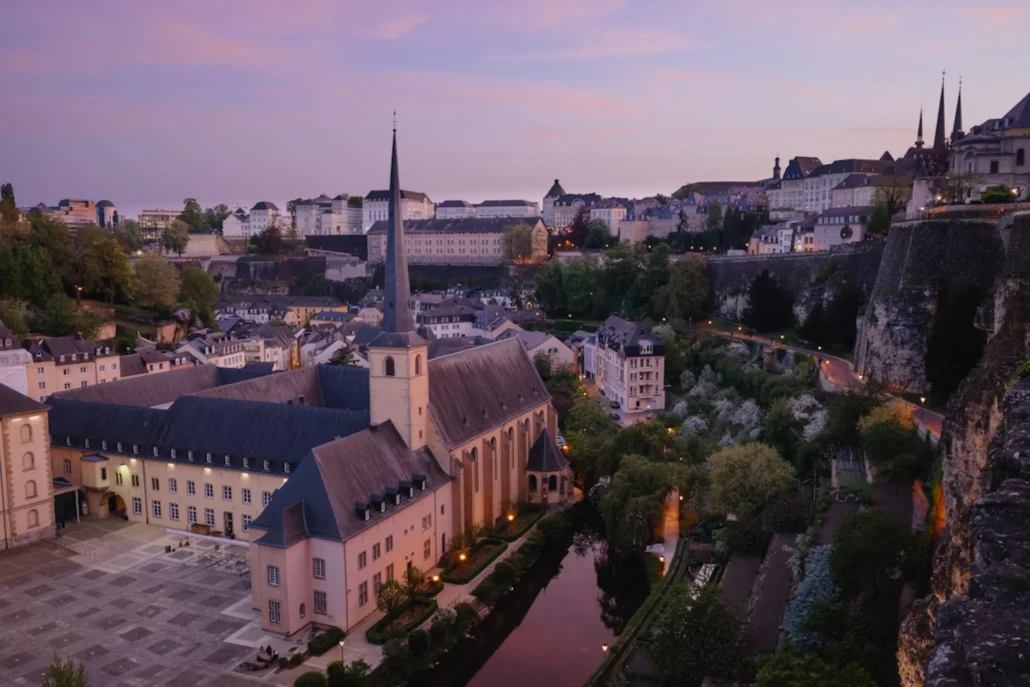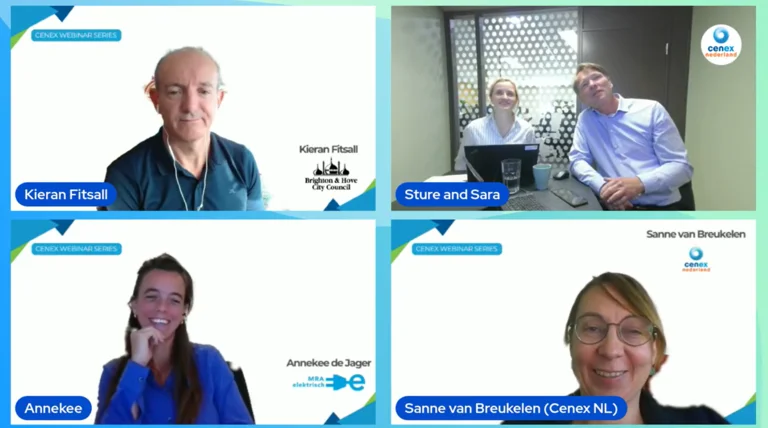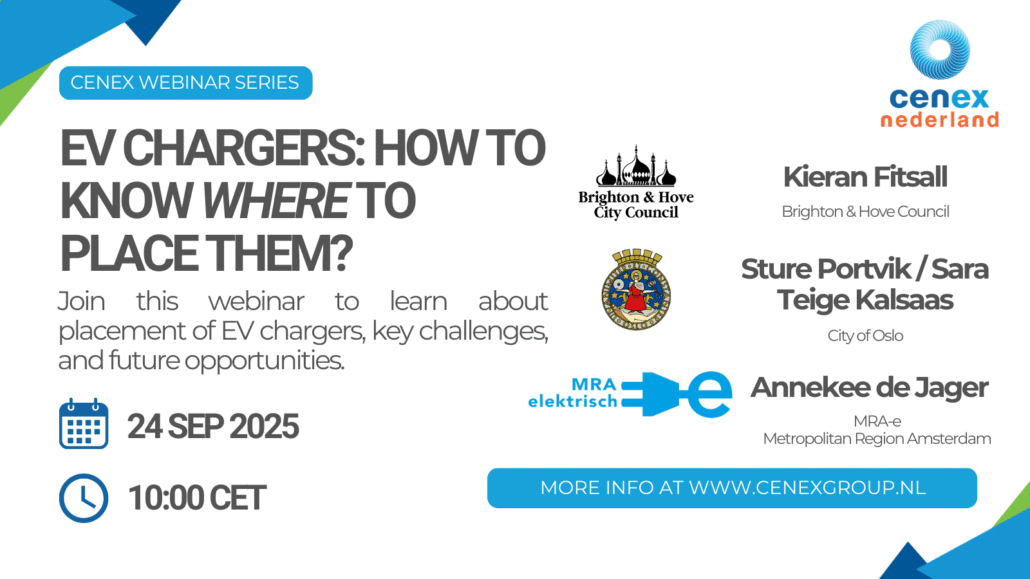[av_section min_height=” min_height_pc=’25’ min_height_px=’500px’ padding=’default’ margin=” custom_margin=’0px’ color=’main_color’ background=’bg_color’ custom_bg=” background_gradient_color1=” background_gradient_color2=” background_gradient_direction=’vertical’ src=” attach=’scroll’ position=’top left’ repeat=’no-repeat’ video=” video_ratio=’16:9′ video_mobile_disabled=” overlay_enable=” overlay_opacity=’0.5′ overlay_color=” overlay_pattern=” overlay_custom_pattern=” shadow=’no-border-styling’ bottom_border=’no-border-styling’ bottom_border_diagonal_color=’#333333′ bottom_border_diagonal_direction=’scroll’ bottom_border_style=’scroll’ scroll_down=” custom_arrow_bg=” av-desktop-hide=” av-medium-hide=” av-small-hide=” av-mini-hide=” id=” custom_class=” aria_label=” av_element_hidden_in_editor=’0′ av_uid=’av-4t4wvs’]
[av_one_half first min_height=” vertical_alignment=” space=” row_boxshadow=” row_boxshadow_color=” row_boxshadow_width=’10’ custom_margin=” margin=’0px’ mobile_breaking=” border=” border_color=” radius=’0px’ padding=’0px’ column_boxshadow=” column_boxshadow_color=” column_boxshadow_width=’10’ background=’bg_color’ background_color=” background_gradient_color1=” background_gradient_color2=” background_gradient_direction=’vertical’ src=” background_position=’top left’ background_repeat=’no-repeat’ highlight=” highlight_size=” animation=” link=” linktarget=” link_hover=” title_attr=” alt_attr=” mobile_display=” id=” custom_class=” aria_label=” av_uid=’av-7rcuak’]
[av_heading heading=’De EU heeft haar plan voor het energiesysteem van de toekomst en schone waterstof gepubliceerd.’ tag=’h3′ link=” link_target=” style=” size=” subheading_active=” subheading_size=” margin=” padding=’10’ color=” custom_font=” custom_class=” id=” admin_preview_bg=” av-desktop-hide=” av-medium-hide=” av-small-hide=” av-mini-hide=” av-medium-font-size-title=” av-small-font-size-title=” av-mini-font-size-title=” av-medium-font-size=” av-small-font-size=” av-mini-font-size=” av_uid=’av-2t6gpk’][/av_heading]
[av_hr class=’custom’ icon_select=’no’ icon=’ue808′ font=’entypo-fontello’ position=’left’ shadow=’no-shadow’ height=’50’ custom_border=’av-border-thin’ custom_width=’50px’ custom_margin_top=’30px’ custom_margin_bottom=’30px’ custom_border_color=’#0a0a0a’ custom_icon_color=” id=” custom_class=” av_uid=’av-3jog7w’ admin_preview_bg=”]
[av_textblock size=” av-medium-font-size=” av-small-font-size=” av-mini-font-size=” font_color=” color=” id=” custom_class=” av_uid=’av-2zz03g’ admin_preview_bg=”]
Last week, the EU has published its strategy for the energy system of the future and clean hydrogen. A key conclusion is that becoming climate neutral by 2050 is considered impossible when using the current energy system model. The primary bottleneck lies in the fact that this system is essentially still working in ‘Silos’ for Transport, Industry, Gas and Buildings. Continuing this path will not allow the EU to achieve its goal. However, they also recognise ways forward. By linking all these sectors to each other through the adoption and integration of emerging sustainable technologies, the entire energy system can operate in a more efficient and cost-effective way. Realising an integrated energy system means for example that electric vehicles are charged by using solar energy and buildings are heated using the heat of nearby factories, which is fuelled by hydrogen generated from offshore wind parks.
Moving forward, the EU has formulated its strategy in three main pillars:
- A more circular energy system
Identifying concrete action to apply the ‘energy efficiency first’ principle, which aims to look at the use of local energy sources more effectively. For example, the reuse of waste-heat from factories or data centres to heat buildings.
- Greater direct electrification of end-use sectors
Sectors such as transport can electrify their operations by using electric vehicles instead of internal combustion engines. Also, building can be heated using heat pumps.
- Promote clean fuels
Not all sectors are easy to electrify, therefore, the strategy promotes the use of clean fuels such as hydrogen and sustainable biofuels and biogas
Hydrogen still needs to be produced for the use in applications where electrification is not suitable. There are mainly three forms of hydrogen: grey hydrogen (produces from fossil fuels), blue hydrogen (made from natural gas using steam reforming whilst capturing most of the CO2) and green hydrogen (produced through electrolysis using mainly wind and solar energy). While producing green hydrogen has the priority, the production of blue hydrogen and other low-carbon hydrogen sources on the short term could support the development of a viable market.
The transition will require a phased approach:
The EU highlights the key areas of attention in each phase as follows:
Phase 1
- focus on decarbonisation of existing hydrogen production
- increase hydrogen refuelling stations
- use low-carbon electricity-based hydrogen to scale up fast
- regulatory framework for a liquid and well-functioning hydrogen market
- incentivising both supply and demand in lead markets
Phase 2
- hydrogen to become intrinsic part of an integrated energy system
- renewable hydrogen is expected to gradually become cost-competitive with
- other forms of hydrogen production
- demand side policies to stimulate new applications
- Renewable hydrogen should play a role in balancing a renewables-based electricity system
- Local hydrogen clusters will develop, relying on local production and for multi-purpose use
- EU-wide logistical infrastructure will emerge to transport hydrogen from areas with large renewable potential to demand centres located elsewhere
- Pan-European network of hydrogen refuelling stations to be established
- EU’s policies to support and stimulate investments to build a fully-fledged hydrogen ecosystem
Phase 3
- renewable electricity production needs to massively increase to be able to use possible demand of 25% going towards hydrogen production
- hydrogen and hydrogen-derived synthetic fuels, based on carbon neutral CO2, could penetrate more largely across a wider range of sectors
- under certain strict criteria sustainable biogas may still be considered in replacing natural gas in hydrogen production facilities with carbon capture and storage to create negative emissions
The EU’s supporting investment agenda and how they aim to achieve above are elaborated on in the full report. Download and read the full report here:
[av_button label=’Publicatie downloaden’ icon_select=’no’ icon=’ue800′ font=’entypo-fontello’ link=’manually,https://ec.europa.eu/energy/sites/ener/files/hydrogen_strategy.pdf’ link_target=’_blank’ size=’medium’ position=’center’ label_display=” title_attr=” color=’theme-color’ custom_bg=’#444444′ custom_font=’#ffffff’ id=” custom_class=” av_uid=’av-2gbi1k’ admin_preview_bg=”]
Bij Cenex Nederland kijken we uit naar (blijven) samenwerken en onze expertise bijdragen aan deze EU-doelstellingen en strategie!
[/av_textblock]
[/av_one_half][av_one_half min_height=” vertical_alignment=” space=” row_boxshadow=” row_boxshadow_color=” row_boxshadow_width=’10’ custom_margin=” margin=’0px’ mobile_breaking=” border=” border_color=” radius=’0px’ padding=’0px’ column_boxshadow=” column_boxshadow_color=” column_boxshadow_width=’10’ background=’bg_color’ background_color=” background_gradient_color1=” background_gradient_color2=” background_gradient_direction=’vertical’ src=” background_position=’top left’ background_repeat=’no-repeat’ highlight=” highlight_size=” animation=” link=” linktarget=” link_hover=” title_attr=” alt_attr=” mobile_display=” id=” custom_class=” aria_label=” av_uid=’av-ufxp8′]
[av_image src=’https://cenexgroup.nl/wp-content/uploads/2020/07/EU-hydrogen-2.png’ attachment=’2811′ attachment_size=’full’ copyright=’icon-reveal’ caption=” styling=” align=’center’ font_size=” overlay_opacity=’0.4′ overlay_color=’#000000′ overlay_text_color=’#ffffff’ animation=’no-animation’ hover=” appearance=” link=” target=” title_attr=” alt_attr=” id=” custom_class=” av_element_hidden_in_editor=’0′ av_uid=’av-kclslttx’ admin_preview_bg=”][/av_image]
[av_hr class=’invisible’ icon_select=’yes’ icon=’ue808′ font=’entypo-fontello’ position=’center’ shadow=’no-shadow’ height=’10’ custom_border=’av-border-thin’ custom_width=’50px’ custom_margin_top=’30px’ custom_margin_bottom=’30px’ custom_border_color=” custom_icon_color=” id=” custom_class=” av_uid=’av-k7adv482′ admin_preview_bg=”]
[av_button label=’Publicatie downloaden’ icon_select=’no’ icon=’ue800′ font=’entypo-fontello’ link=’manually,https://ec.europa.eu/energy/sites/ener/files/hydrogen_strategy.pdf’ link_target=’_blank’ size=’large’ position=’center’ label_display=” title_attr=” color=’theme-color’ custom_bg=’#444444′ custom_font=’#ffffff’ id=” custom_class=” av_uid=’av-k7urtrq6′ admin_preview_bg=”]
[av_hr class=’invisible’ icon_select=’yes’ icon=’ue808′ font=’entypo-fontello’ position=’center’ shadow=’no-shadow’ height=’40’ custom_border=’av-border-thin’ custom_width=’50px’ custom_margin_top=’30px’ custom_margin_bottom=’30px’ custom_border_color=” custom_icon_color=” id=” custom_class=” av_uid=’av-k7adv482′ admin_preview_bg=”]
[av_codeblock wrapper_element=” wrapper_element_attributes=” codeblock_type=” alb_description=” id=” custom_class=” av_uid=’av-kcoqewzu’]
[/av_codeblock]
[/av_one_half]
[/av_section]
[av_social_share title=’Deel dit item’ buttons=’custom’ share_facebook=’aviaTBshare_facebook’ share_twitter=’aviaTBshare_twitter’ share_whatsapp=’aviaTBshare_whatsapp’ share_linkedin=’aviaTBshare_linkedin’ share_mail=’aviaTBshare_mail’ yelp_link=’https://www.yelp.com’ style=” alb_description=” id=” custom_class=” av_uid=’av-kcoqdi2g’ admin_preview_bg=”]






